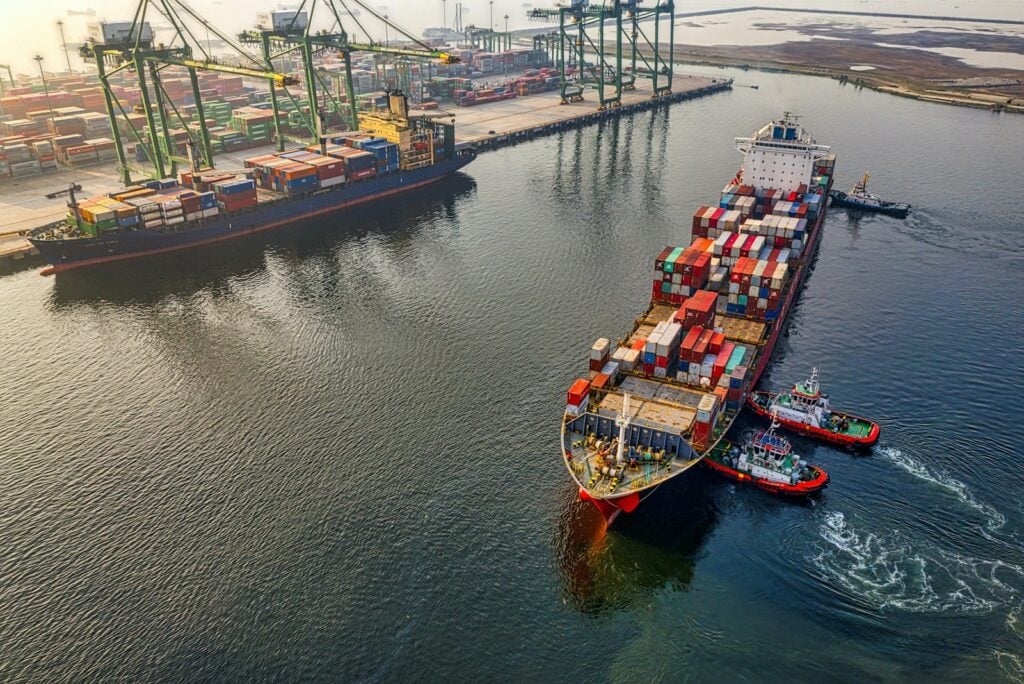"`html
French agriculture, rich in diversity and tradition, is also a sector undergoing profound change. Faced with new economic, environmental and social challenges, farmers have to navigate an increasingly complex legal environment. This legal framework, which combines old rules with very modern systems, shapes their daily lives, from the very definition of their activity to their place in the market.
The aim of this article is to provide a compass for navigating this legal landscape. Without going into all the technical details (which are covered in our dedicated articles), we will take a look at the four main areas that structure the law applicable to contemporary agriculture: the definition of agricultural activity, tools for managing and organising farms, legal forms for joint ventures and, finally, the rules governing contractual relations and competition.
Defining the farmer: more than just working the land
What qualifies an activity as "agricultural" under the law? The answer is crucial, as it determines the legal status of the farmer. The law (principally article L. 311-1 of the Rural Code) defines agricultural activity primarily in terms of "control and exploitation of a plant or animal biological cycle".. It is this control of a living process that lies at the heart of the definition, far more than mere ownership of the soil. For a detailed explanation of these criteria and specific activities, see our article on the legal definition of an agricultural activity.
This fundamental criterion is supplemented by the recognition of related activities, such as on-farm processing of farm produce or agri-tourism, provided that they remain linked to the main farming activity. The major consequence of this qualification is the civil of agricultural activity, distinguishing it from trade and craft, with important implications in terms of jurisdiction.
Managing a farm like a business
Modern farming is a business in its own right, with its own financing, development and protection needs. The law has developed specific tools to meet these challenges, while respecting the civil nature of the activity. Find out more legal tools specific to the modern farmer to secure your business.
These instruments include the agricultural fundThis was created to enable farmers to enhance the value of all their working assets (equipment, livestock, stocks, certain contracts, etc.) and use them as collateral to obtain credit. For sole traders wishing to protect their personal assets, theEIRL (Limited Liability Sole Proprietorship) offers a solution by separating business assets from private assets, with a specific adaptation allowing land to be kept outside the affected assets.
Finally, when a business is experiencing financial difficulties adapted collective procedures There are a number of different plans (conciliation, sauvegarde, redressement or liquidation judiciaires), which come under the jurisdiction of the Tribunal Judiciaire rather than the Tribunal de Commerce, with certain specific features, such as a potentially longer duration for individuals.
Grouping together for success: companies and cooperation
Farming alone is no longer the only option. To pool resources, share risks and prepare for the future, many farmers are opting for corporate forms. The law offers several possibilities, mainly in the civil sphere. For an in-depth analysis of the options available to you, explore how to choose the right legal structure for your farm.
The specific non-trading companies such as the GAEC (Groupement Agricole d'Exploitation en Commun, which focuses on joint working) or the EARL (Exploitation Agricole à Responsabilité Limitée, which is valued for the protection of the partners' assets) are widely used to manage the farming activity itself. Other structures, such as the GFA (Groupement Foncier Agricole), are used to manage land ownership.
Alongside these forms, the cooperative model remains an essential pillar of French agriculture. A legal status in its own right, neither civil nor commercial, the cooperative enables farmers to pool their purchases, processing or marketing of their products, while retaining democratic control over the collective tool.
Navigating the market: contracts and competition
Farmers are economic players who sell their produce and buy their inputs. Their relations with other market operators (suppliers, cooperatives, manufacturers, supermarkets) are governed by specific rules.
The law seeks to balance sometimes unbalanced relationships, in particular by regulating integration contracts (where the farmer is dependent on an agro-industrial firm) or relations with mass retailers (combating certain practices deemed abusive). For a closer analysis of integration contractsTo find out more about the conditions of validity and specific features of these products, please consult our dedicated pillar. A recent trend is the promotion of written contractualisation mandatory in certain sectors, to make trading safer, accompanied by the introduction of a mediator to help resolve disputes.
Finally, while agriculture is subject to the general principles of the competition lawUnder the European Common Agricultural Policy and the exceptions provided for in French law, certain forms of collective market organisation are permitted, subject to strict conditions and supervision.
Understanding this legal framework is essential for any farmer wishing to secure his business, anticipate difficulties and seize opportunities.
For a personalised analysis of your farming situation and the legal issues that concern you, our team is at your disposal.
Frequently asked questions
What is the legal definition of an agricultural activity?
An agricultural activity corresponds mainly to the control and exploitation of a plant or animal biological cycle (e.g. cultivation, breeding), as well as activities that are a direct extension of this (e.g. processing on the farm) or that are supported by the farm (e.g. linked agrotourism). It is civil in nature.
Is a farm tourism business still farming?
No, it is only considered to be agricultural if it is carried out by a farmer and is based on the farmer's active business (use of buildings, link with production, etc.). Simply renting out gîtes without any real agricultural activity is not farming.
What is an agricultural fund and what is it used for?
The farm business is a collection of movable assets allocated to the farm (equipment, livestock, stocks, certain rights, etc.). The optional creation of a farm business allows it to be pledged as collateral for bank loans.
Can a farmer protect his personal assets from farm debts?
Yes, there are several solutions: setting up a limited liability company (such as an EARL) or, for a sole trader, opting for the EIRL (Entreprise Individuelle à Responsabilité Limitée) status, which separates professional and personal assets.
What is the main difference between a GAEC and a EARL?
The GAEC (Groupement Agricole d'Exploitation en Commun) aims to promote joint working and economic transparency for the partners (who are often family members), with in principle unlimited liability. The main advantage of the EARL (Exploitation Agricole à Responsabilité Limitée) is that the partners' liability is limited to their contributions.
What is the role of an agricultural cooperative?
An agricultural cooperative is a collective enterprise owned and controlled by its farmer members. Its role is to provide them with services (supplies, equipment via CUMAs), or to collect, process and market their produce.
Do I still need a written contract to sell my crops?
No, not always, but it has become compulsory for the sale of certain products (e.g. milk, certain fruit and vegetables) between producers and first buyers (manufacturers, cooperatives). The aim is to secure and formalise commercial relations.
Who should you turn to in the event of a dispute over an agricultural contract?
If you have a dispute with a buyer or supplier over a contract for the sale of agricultural products, you can contact the Agricultural Mediation officer to try and find an amicable solution, before or at the same time as taking legal action before the competent court.
Does agriculture escape the rules of competition?
No, in principle, agriculture is subject to competition law like any other economic activity. However, it benefits from specific arrangements and exceptions (linked to the CAP or to objectives of economic progress) which allow certain forms of collective organisation of the market, under strict conditions.
" `




